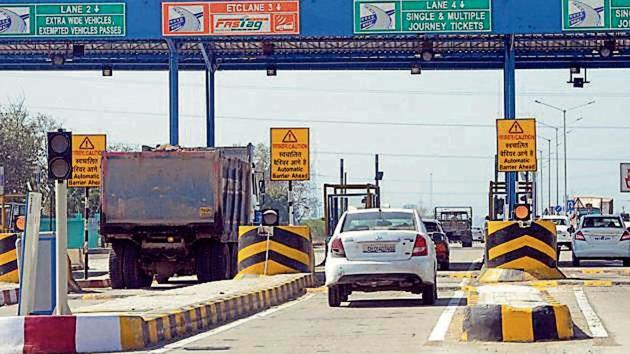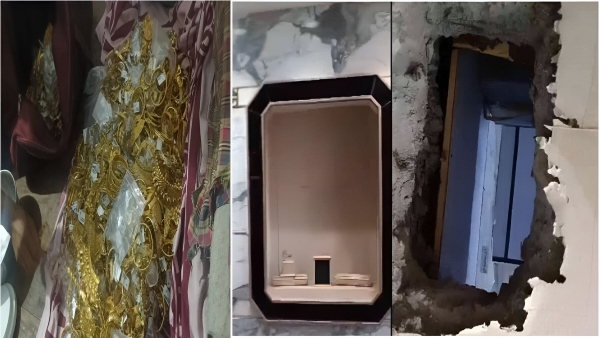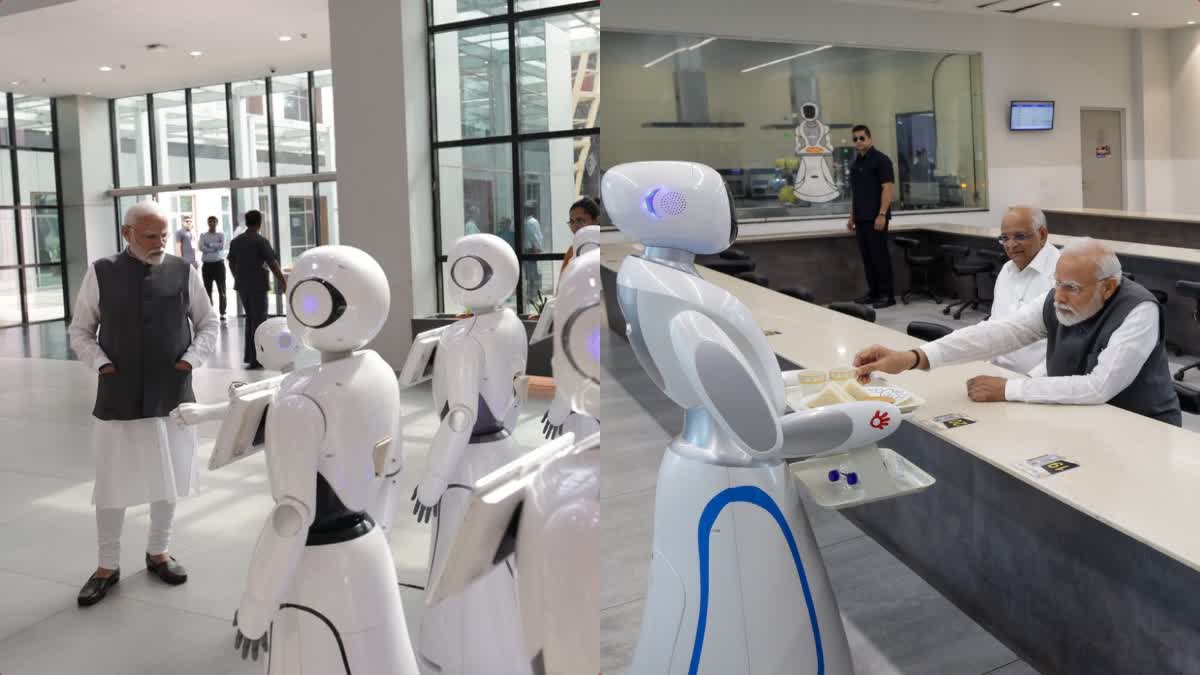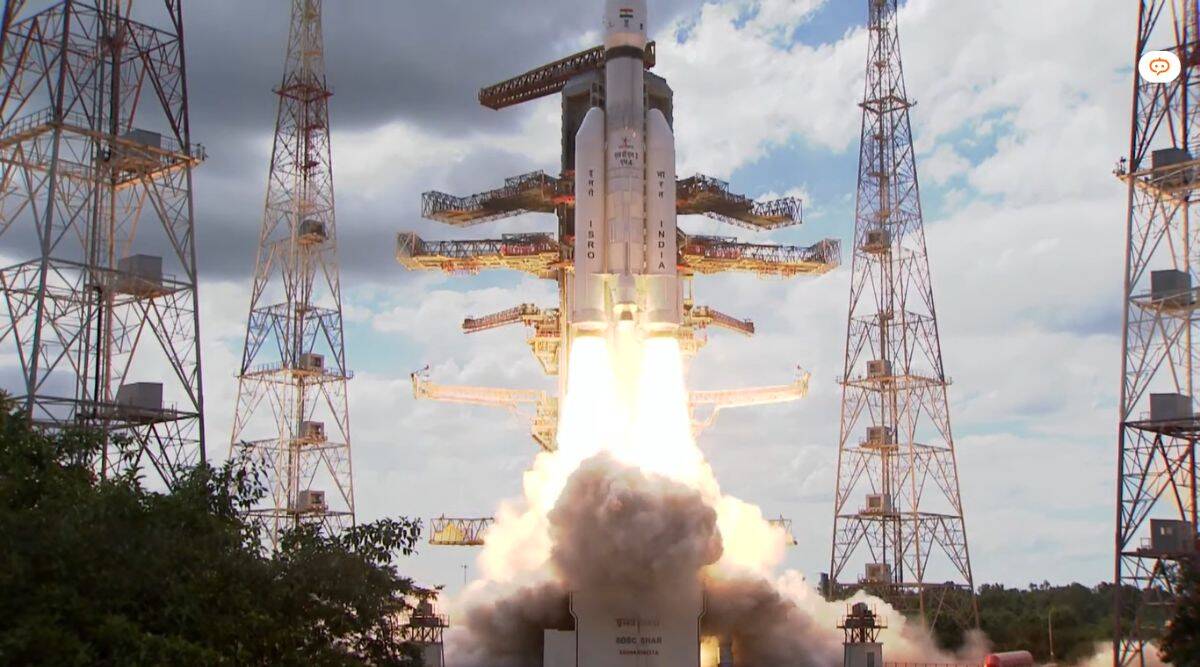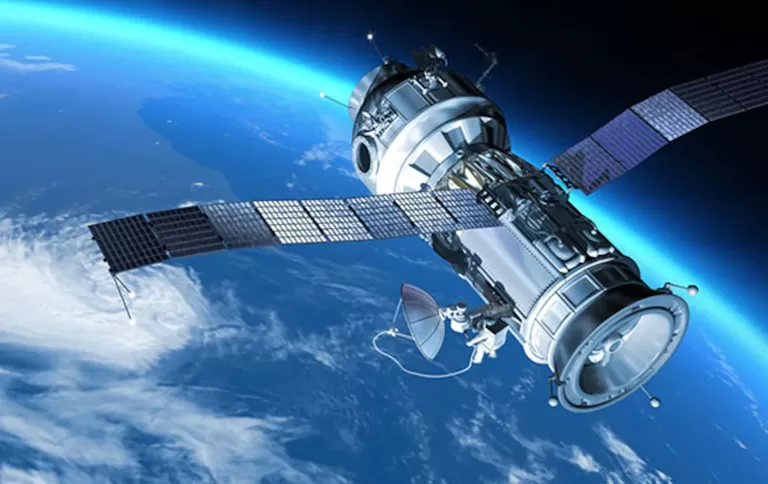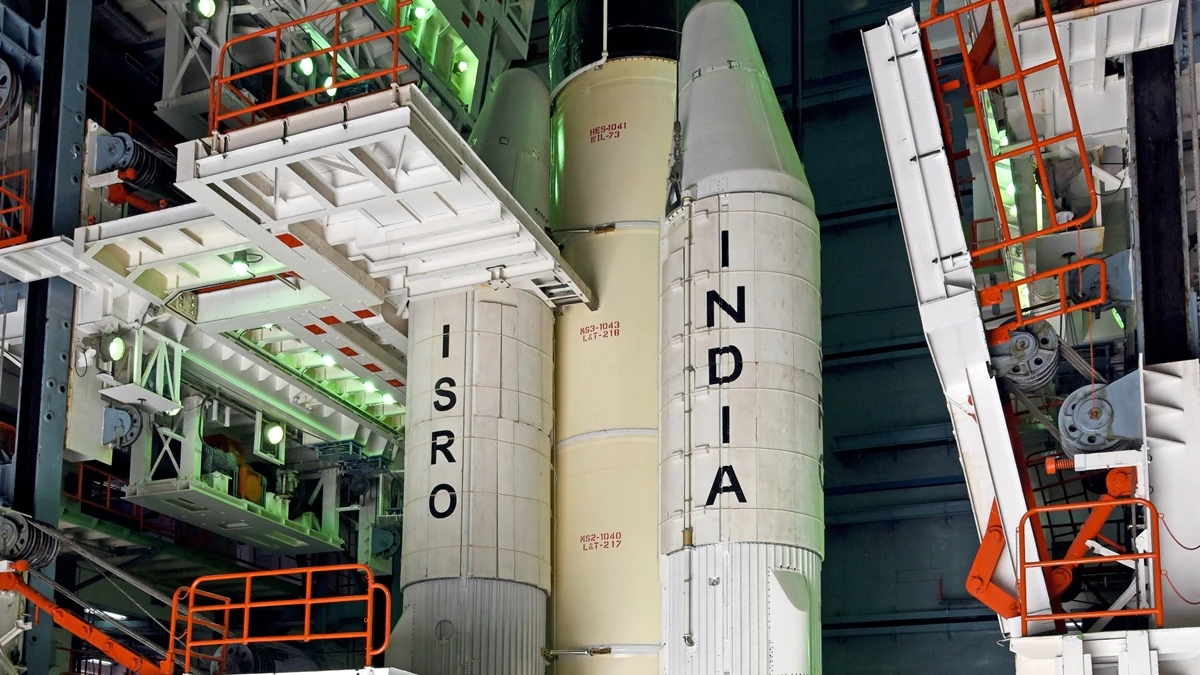
The Union Cabinet on Wednesday approved a change to the Foreign Direct Investment (FDI) policy for the space sector, allowing for up to 100% of FDI in activities related to satellites. With SpaceX, Tata will launch its first spy satellite as India formally allows 100% foreign direct investment into the space sector.
A government announcement states that the space sector is eligible for 100% FDI under the revised FDI policy. Currently, FDI may be obtained through the automatic method for up to 74% of satellite manufacturing and operation, satellite data products, ground segment, and user segment; above that, the government route will be applied.
Sub-sector including launch vehicles and related systems or sub-systems; up to 49% of FDI can be obtained through automatic procedures for the construction of spaceports for the launch and reception of spacecraft. Over 49% of these activities are governed by the government here as well. It is now legal to manufacture parts and systems/sub-systems for satellites, the ground segment, and user segments with 100% FDI under automatic route.
As of right now, FDI can only build and run satellites with permission from the government. By establishing liberalized FDI thresholds for a range of sub-sectors and activities, the Union Cabinet has loosened the FDI policy on the space sector in accordance with the goals and strategy outlined in the Indian Space Policy 2023. It stated, “The amended policy’s liberalized entry routes are aimed to attract potential investors to invest in Indian companies in space,” adding that this was done to fulfill PM Shri Narendra Modi’s vision of an Atmanirbhar Bharat.
“The country’s ease of doing business will be improved by the FDI policy reform, resulting in increased FDI inflows and subsequently supporting the expansion of investment, income, and employment,” the statement stated. The Indian Space Policy 2023 has been referenced as a comprehensive, integrated, and adaptable structure for executing the idea of maximizing India’s potential in the space industry by means of increased private involvement.
In addition to pursuing international relations, the policy seeks to enhance space capabilities, establish a thriving commercial presence in space, use space as a catalyst for technological advancement and benefits in related fields, and establish an ecosystem for the successful implementation of space applications among all stakeholders.
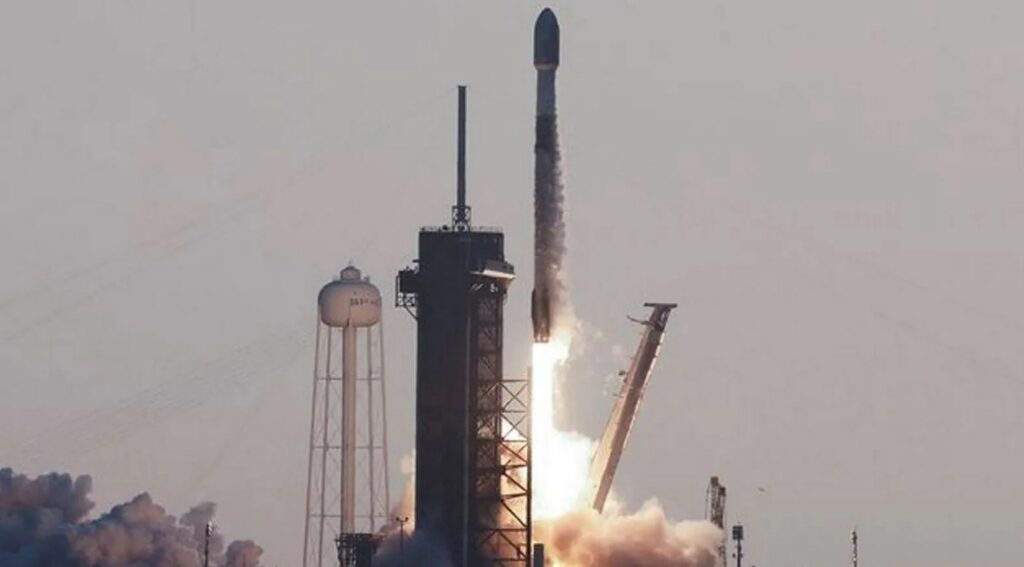

“By prescribing a liberalized entry route and providing clarity for FDI in Satellites, Launch Vehicles and associated systems or sub-systems, Creation of Spaceports for launching and receiving Spacecraft and Manufacturing of Space-related Components and Systems,” the statement stated that the proposed reforms aim to liberalize the FDI policy provisions in the space sector.
The Department of Space conferred with many industrial and internal stakeholders, including IN-SPACe, ISRO, and NSIL. Launch vehicles and satellites are areas in which NGEs have gained proficiency and competence. They may reach more product sophistication, a worldwide operational footprint, and a larger market share in the space economy with further investment.
“This increasing involvement from the private sector would enable the sector to become self-reliant, create jobs, and absorb new technologies. It is anticipated that Indian businesses will be incorporated into global value chains. As a result, businesses will be able to establish production plants domestically, supporting the government’s “Make In India (MII)” and “Atmanirbhar Bharat” efforts, according to the statement.












































































